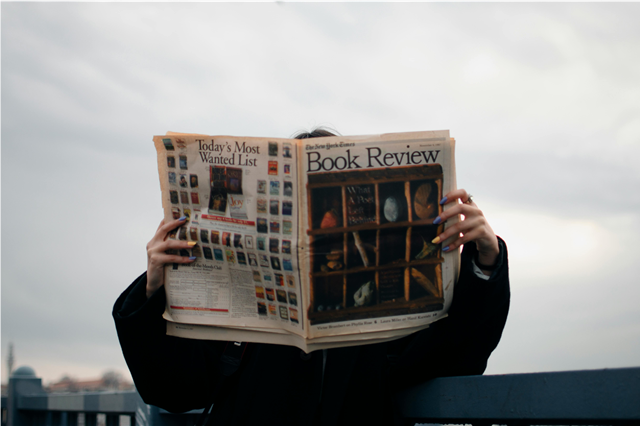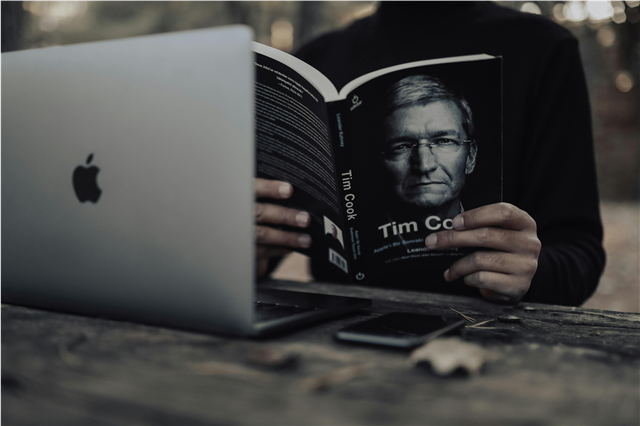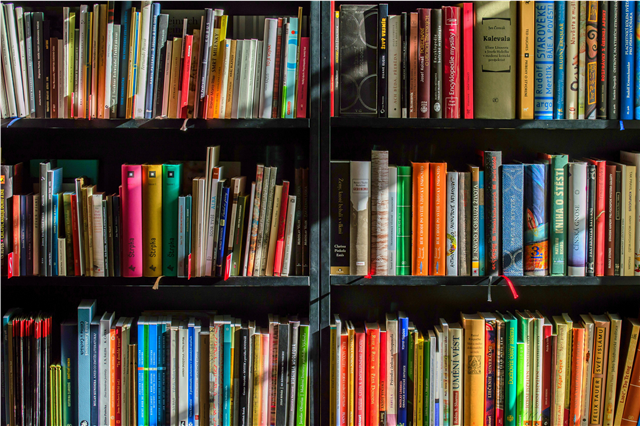
How is historical fiction used to explore past events through storytelling?
Throughout human history, we've been captivated by stories that transport us to different eras, allowing us to experience pivotal moments through the eyes of those who lived them. Historical fiction serves as a time machine, blending factual events with imaginative storytelling to create compelling narratives that educate and entertain simultaneously. Here are 10 fascinating insights into how historical fiction explores past events through the art of storytelling.
1. Historical Fiction Bridges the Gap Between Facts and Emotions
While history textbooks chronicle dates and battles, historical fiction delves into the human experience behind these events. Authors like Hilary Mantel don't just tell us that Henry VIII existed—they make us feel his paranoia and fury. This emotional connection transforms dry historical facts into memorable, impactful stories that readers carry with them long after closing the book.
2. Bestselling Historical Fiction Outperforms Non-Fiction History Books
Surprisingly, historical novels often reach more readers than academic history books. "The Book Thief" by Markus Zusak sold over 16 million copies worldwide, spreading awareness about Nazi Germany to readers who might never pick up a history textbook. This demonstrates how storytelling can make historical education more accessible and engaging.
3. Historical Fiction Fills in History's Blanks
History records the "what" and "when," but historical fiction explores the "why" and "how." When Philippa Gregory wrote "The Other Boleyn Girl," readers gained insight into court life and social dynamics that traditional history books often overlook. Authors conduct extensive research to authentically recreate daily life, customs, and social hierarchies of bygone eras.
4. These Stories Spark Real Historical Interest
Historical fiction serves as a gateway drug to deeper historical study. Students who read "Outlander" often go on to research Scottish history, while fans of "Game of Thrones" discover medieval political structures. Libraries and history departments report increased interest in specific time periods following popular historical fiction releases.
5. Authors Use "Historical License" Strategically
While accuracy is crucial, historical fiction writers take calculated liberties to enhance storytelling. Writers might compress timelines, combine real figures, or imagine conversations, but they maintain historical authenticity in customs, language, and social structures. This approach makes complex historical periods more digestible without sacrificing educational value.
6. Historical Fiction Reveals Hidden Voices
Many historical fiction works focus on underrepresented perspectives that traditional history often ignores. Novels like "The Kite Runner" explore Afghanistan's recent history through personal stories, while books like "The Book Thief" examine Hitler's Germany through a child's eyes. These narratives provide intimate access to events that might seem distant or abstract in conventional historical accounts.
7. The Genre Spans Every Historical Period Imaginable
From prehistoric cave dwellers to yesterday's headlines, historical fiction covers humanity's entire timeline. Readers can explore ancient Egypt through "Nefertiti" by Michelle Moran, experience the Renaissance via Sarah Dunant's novels, or witness the American Civil War through "Cold Mountain." This comprehensive coverage ensures every era finds its storyteller.
8. Historical Fiction Influences How We Remember History
The power of storytelling means historical fiction often shapes public perception of past events. Many people's understanding of Tudor England comes more from novels than documentaries. This influence underscores the responsibility historical fiction authors have to maintain accuracy while crafting engaging narratives.
9. These Books Serve as Cultural Time Capsules
Historical fiction preserves not just events but the spirit of different eras. Authors meticulously research everything from food and clothing to social etiquette and religious practices. When future generations read today's historical fiction, they'll understand not just what happened but how people lived, loved, and survived in different time periods.
10. The Digital Age Has Revolutionized Historical Research
Modern historical fiction writers have unprecedented access to primary sources, archaeological findings, and historical records online. Authors can now research minute details about daily life in ancient Rome or medieval Japan with a few clicks, making their stories more authentic than ever before.
The Lasting Impact of Historical Storytelling
Historical fiction doesn't replace academic history—it enhances it. By combining rigorous research with compelling narratives, these stories serve multiple purposes: entertainment, education, and preservation of cultural memory. Every historical fiction novel is a bridge between past and present, making ancient wisdom accessible to modern readers while ensuring important stories never fade into obscurity.
Whether it's through Margaret Atwood's imagined Gilead or Colson Whitehead's reimagined Underground Railroad, historical fiction continues to prove that the best way to understand our past is often through the stories we tell about it. These narratives remind us that history isn't just a collection of facts—it's a tapestry of human experiences waiting to be rediscovered through the power of storytelling.
SEO Keywords: historical fiction, historical storytelling, past events through fiction, historical novels, educational storytelling, historical education, storytelling and history, historical narratives, historical fiction facts, learning history through novels
Meta Description: Discover how historical fiction brings past events to life through 10 fascinating facts about this powerful storytelling genre. Learn how novels make history more accessible and engaging than ever before.
















Post Comment